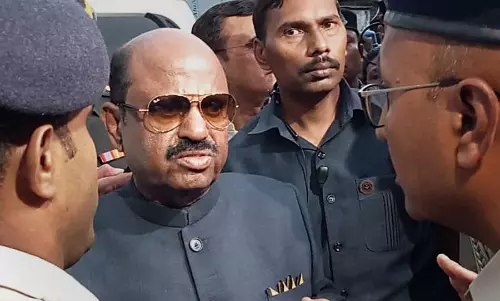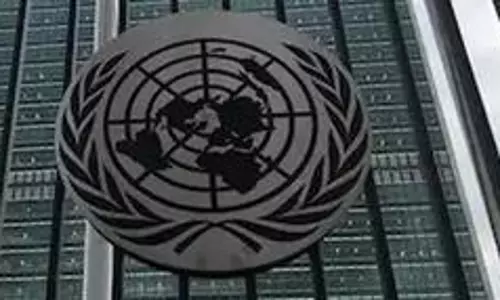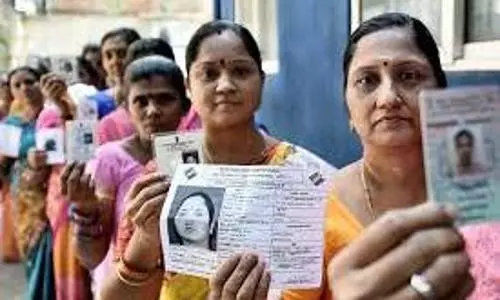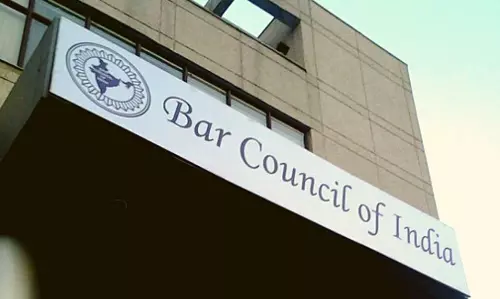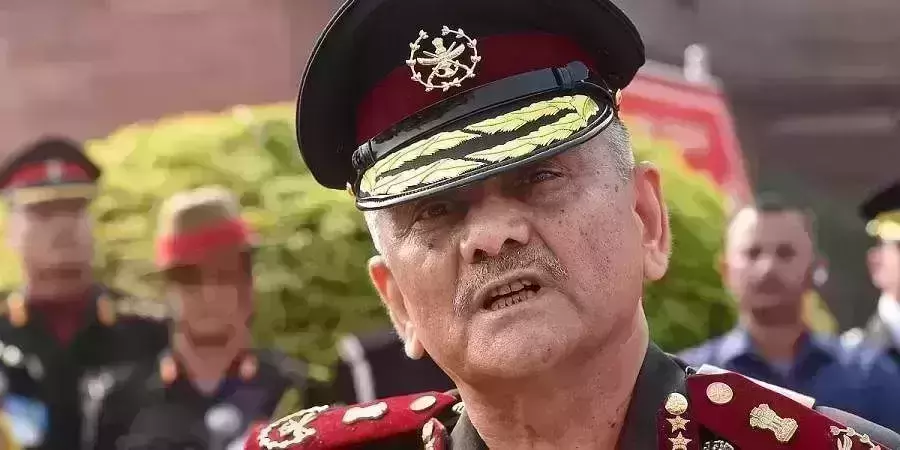
When Geneva Convention is in the spot light
text_fieldsWing Commander Abhinandan Varthaman of Indian Air Force has come back to India. In the cloud of conflict, the return of this brave pilot is a clear, albeit faint, sign of peace. Debates are going on about the release of Abhinandan too. Pakistan prime minister said that they were releasing an Indian soldier as a peace gesture, as a magnanimous act. But India points out that Pakistan was obliged to do that.
True, the pressure of various countries of the world was a reason for Pak 'magnanimity'. It can be assumed that the initiative by the US and Saudi Arabia made Pakistan unable to think otherise. Above all else, as India highlighted, according the Geneva Conventions, Pakistan is bound to release Abhinandan. Pakistan's release of Nachiketa during the Kargil war in 1999, also was in compliance with Geneva treaty regarding prisoners of war.
There are some quarters in Pakistan who argue that Geneva Convention applies to prisoners of war (POW), and since India and Pakistan have not declared war, those who get caught amidst border violations will not be treated as POWs – and when that is the case, this is a magnanimity of Pakistan. This position is not based on facts. Although a war has not been declared, Abhinandan will be treated as POW. This is so not only as per the third Geneva Conventions, and the later added protocol, but also in consonance with the precedents prevailing between neighbouring countries. And there are precedents of treating soldiers who cross the India-Pakistan and India-China borders over to the other side by mistake as POWs and returning them to native countries. At the same time, by causing the Indian soldier in their custody to be shown on video, Pakistan has violated Geneva Conventions.
It has been noticed that to get back Abhinandan, government of India and the military had to invoke Geneva Conventions. And going by the Indian approach to that Convention so far, this is a no small departure. Although there are several treaties in the Geneva Conventions, its main component is protection of civilians in conflict zones. Of them only one treaty prohibits treating POWs inhumanely and insulting them. The rights which the soldier is entitled to as per the protocol is important.
But then equally important is the right to security and self-respect of the ordinary citizen. And that this is continually infringed in Kashmir and the northeastern regions, is an oft-repeated complaint. The plight of right from those who go 'missing', half-widows, victims of pellet wounds injured to the extent of losing vision and victims of fake encounters and rape, to those put to extreme suffering in Kashmir and similar regions, has been cited several times. And in one case, a civilian was made a human shield, not by an enemy force, but by our own military which again was against the spirit of Geneva Conentions. But at that time, what we argued was not that Geneva Conventions had to be observed.
It was in this context too that mention of Geneva treaty in the Indian communique demanding the return of Abhinandan becomes significant and welcome. The whole country argued for Abhinandan citing Geneva treaty. Apart from Geneva Conentions, our constitution itself binds us to extend the same consideration to the citizens in Kashmir. Let there be that additional chord too for the voice raised for Abhinandan. It is our own obligation to grant civil rights and human rights to our own citizens.
India and Pakistan are signatories to the Geneva Conventions of 1949. However, we have not agreed to the protocol appended to them in 1977. These protocols effectively enlarge the scope of human rights mandates mentioned in the four treaties that constitute the Geneva Conventions. And in 1970s we had demanded that the protocols should be expanded in tune with the times. But when protocols were framed that met such a demand, we kept out. It is believed that the main reason behind this was the Kashmir issue, as many deemed it would be an obstacle before resisting secessionism. An expert committee had suggested a solution to this conundrum in 2012: that we sign up to the additional protocols, but leave it to the National Human Rights Commission to determine the context to which they should be applied. In any case, there is some irrationality in claiming some parts of Geneva protocols but fall short of accepting it in its entirety. And it carries an unjustifiable contradiction too. Any attempt to conceal the fact that this will detract from the moral victory we won in the case of Abhinandan, will be futile.




